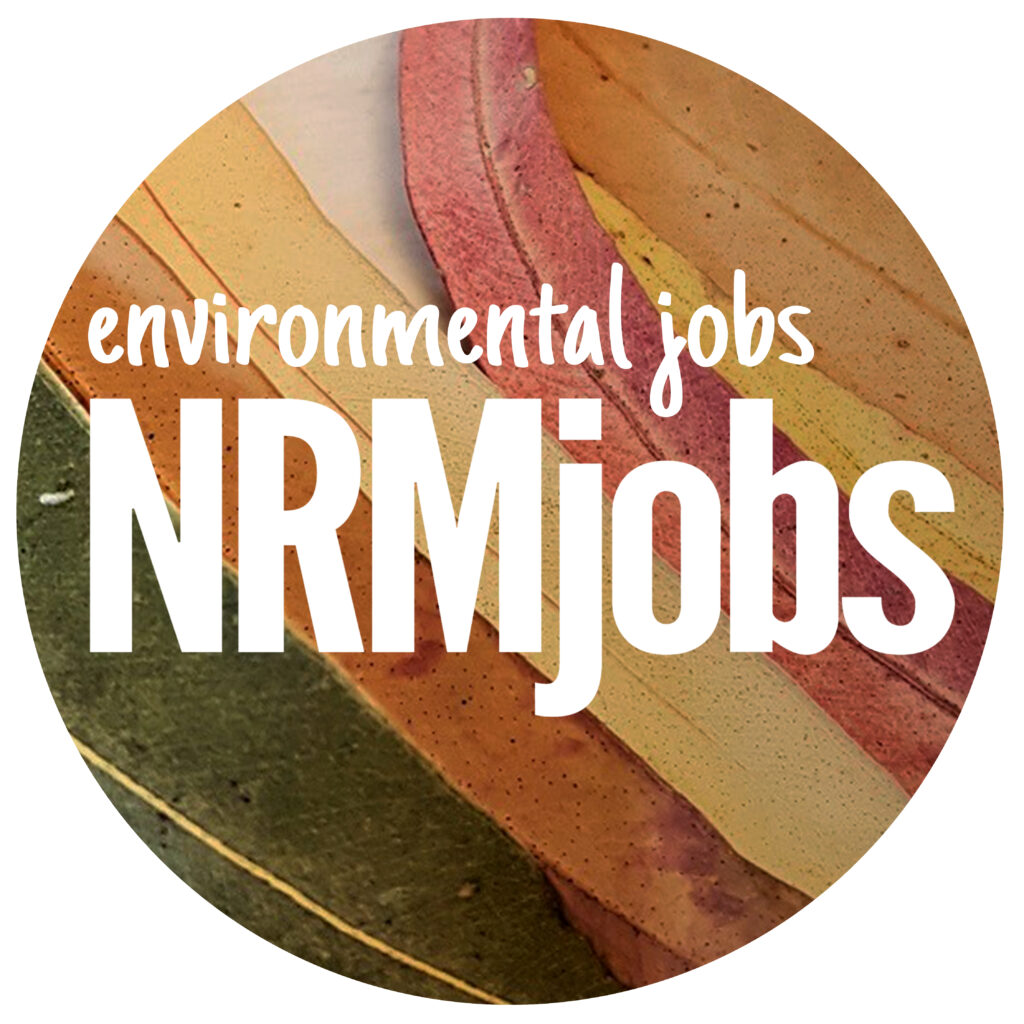We thank our 2024 sponsors for their support.
Sponsoring or exhibiting at ESA 2024 is an excellent opportunity to increase awareness of your organisation, to demonstrate your involvement in this industry, and your commitment to supporting the ideals of the Ecological Society of Australia (ESA).
Furthermore, you will promote your products and/or services, support your brand, and maintain a high profile within the fields of ecological science and conservation biology.
Conference Sponsor
Arthur Rylah Institute for Environmental Research | DEECA

The Arthur Rylah Institute for Environmental Research (ARI) is the Victorian Government’s leading centre for applied ecological research. Our scientists provide high impact strategic research and advice to inform policy development for ecologically sustainable land and water management.
With a focus on freshwater and terrestrial ecosystems, our research helps inform decisions regarding the multi-dimensional environmental challenges that face Victoria. These challenges include the increasing risk of bushfire and flooding, terrestrial habitat and waterway management, threatened species and wildlife management, invasive species control, and the all-pervasive and uncertain impacts of climate change.
Over the last 50 years, our research capabilities have evolved to meet the challenges that modern governments face. Increasingly we are working in partnership with universities, resource management authorities, Traditional Owners, and other ecological researchers to meet these challenges to create the greatest impact.
We use modern research techniques to provide critical science to support decision making to address complex policy problems. Our contributions focus on building and translating the required science to support the development of decision support tools and policy frameworks. This includes the synthesis of expert knowledge, on-ground observations, and use of large data sets and sophisticated models.
As a research institute, we are proud of our diverse expertise and passionate staff that are contributing to increasing ecological knowledge in Australia. To learn more about our work you can find our publishing research and information about current projects on our website ari.vic.gov.au .
Atlas of Living Australia
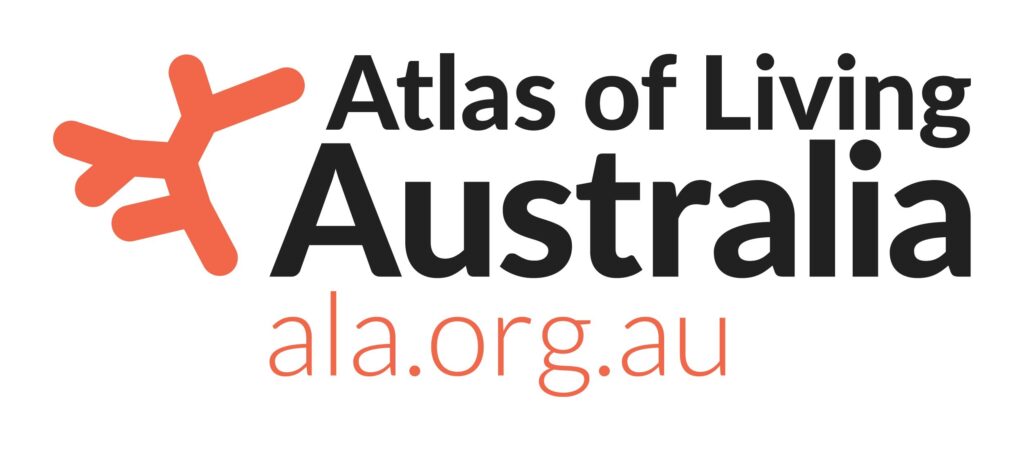
The Atlas of Living Australia (ALA) is Australia’s national biodiversity data infrastructure. ALA is a collaborative, digital, open database that pulls together Australian biodiversity data from multiple sources, making them accessible and reusable. With over 100 million species occurrence records to date, ALA creates a more detailed picture of Australia’s biodiversity, enabling scientists, policy makers, environmental planners and land managers, industry and the general public to work more efficiently.
Deakin University

At the School of Life and Environmental Sciences, Deakin University, we’re committed to making a positive difference towards expanding and sharing knowledge, finding solutions to real-world problems, and delivering outstanding student learning experiences. With our high-level research capabilities, specialist equipment and internationally recognised academic staff, our research is helping to shape the world.
Our research themes align with Sustainable Development Goals 14 and 15:
Life on land
This research theme encompasses ecological, plant, animal, and human contributions to the environment and how they impact global issues such as biodiversity conservation, evolution, agriculture, and climate change. Our research seeks to understand living systems and how they relate to their environment. We have a vibrant wildlife ecology group with world-leading expertise in threatened species management, invasive species, fire ecology, sustainability, and more. We work across a full range of ecosystems, from alpine to the coast, deserts and tropical regions, with many other projects outside of Australia thereby taking a global perspective.
Life below water
This research theme seeks to understand how aquatic systems play a critical role as a productive natural resource which needs careful scientific management from an environmental and production standpoint. Our research holistically covers freshwater and marine biology and how they intersect with fisheries and aquaculture. We host the Marine Science Centre at Queenscliff and have recently established the Deakin Marine Research and Innovation Centre.
Contact us to undertake your high impact PhD program, develop your DECRA application or apply for the prestigious Alfred Deakin Post-Doctoral Fellowship.
Faunatech

Faunatech is the leading provider of dependable, high-quality audio recorders and camera traps for Indo-Pacific ecologists, wildlife biologists, and researchers. Based in Sydney, we carry trusted brands such as Wildlife Acoustics and Reconyx. Our employees take pride in their product knowledge and are happy to discuss your project needs. In keeping with our reputation for personalised service and commitment to the products we deliver, we offer technical support and free virtual training for our customers.
Frontier Labs

For over a decade, Frontier Labs’ Bioacoustic Recorders have been used all over the world to listen to the sounds of nature and gain insights into the natural world. Our devices are trusted by governments, universities, and research institutions to enable ecological monitoring at scale, in remote areas and over long periods of time. From Arctic cold to desert heat, our recorders have proven their reliability and robustness in the most challenging environments. Contact us today at: sales@frontierlabs.com.au
Habitat Innovation and Management

Habitat Innovation and Management value the simplicity of good things with good people.
Focussed on Nature Positive Outcomes through strong partnerships and collaboration, their goals are to develop and implement cost-effective solutions for complex ecological challenges. From extensive regional ecological planning to targeted site and species-specific management solutions must support the conservation of flora and fauna.
Directors Mick Callan and Carl Tippler are innovators in their fields, known for their groundbreaking work in managing modified landscapes and are leaders in ecological planning, restoration, and rehabilitation. As active researchers in ecological management. Mick has been acknowledged by Birdlife Australia as a rising leader in Ornithology, while Carl has earned awards for excellence in research and innovation from both Stormwater Victoria and New South Wales.
As designers of revolutionary Artificial Habitats including Habitat Modular Nest Boxes, they are the only boxes with the scientific research to support their claim to thermal stability and sustainable qualities in the field.
With an expanding team of ecological specialists, Habitat Innovation’s extensive experience includes working on threatened species recovery, renewable energy projects, and large-scale landscape management, including work with endangered ecological communities.
The School of Agriculture, Food and Ecosystem Sciences (SAFES), Faculty of
Science, The University of Melbourne

Our purpose is to benefit people and nature through education and research in environmental and ecosystem sciences, sustainable agriculture, and healthy food systems. Our research and teaching address a wide range of issues including climate change, food security, biodiversity conservation, sustainable forest management, invasive species, and sustainable agricultural practices.
SAFES is home to many research groups focussed on ecology and conservation of species and ecosystems (see https://safes.unimelb.edu.au/research), and hosts the Melbourne Biodiversity Institute. Our research spans the environmental sciences, including biodiversity conservation, fundamental and applied ecology, landscape ecology, fire dynamics, forest ecology, hydrology and ecohydrology, urban ecology and infrastructure, and environmental social science. We study terrestrial ecosystems, rivers and wetlands, and marine ecosystems, and these range from rural to urban contexts. This includes exploring processes from catchment hydrology to landscape fire, from germination to forest dynamics, from atmosphere exchange to energy balance.
We value the welfare of all people and nature, and we work to make the world a better place. Our research seeks to combine human, political and social sciences with environmental and agricultural sciences to address issues in urban, rural and wildland ecosystems and communities. Through this multi- and trans-disciplinary approach, we are able to tackle contemporary challenges at local and global scales.
The School of BioSciences | The University of Melbourne

The School of BioSciences is a vibrant collective of academic and professional staff, undergraduate and postgraduate students, valued funders, collaborators, and alumni. Our vision is to be academic leaders in training the next generation of biologists by combining research and teaching excellence in the pursuit of developing biological tools and solutions to some of the greatest challenges facing Australia and the world.
We explore questions ranging from molecular evolution to biodiversity conservation and climate change, evolution and behaviour, genetics and development, marine biology, and biotechnology. We work in laboratories and on global computer clusters, as well as in rainforests, creeks, deserts, mountains, and the sea. Our tools include precision electron microscopes, petri dishes and test tubes, as well as boats, four-wheel-drive vehicles, waders, and tents. We are members of significant national research hubs that contribute to the maintenance of Australia’s high standing in. researchers as diverse as climate change, biosecurity, and genomics. With more than 55 research groups and state-of-the-art facilities, we are leaders in bioscience research, collaboration and learning.
In seeking to understand life on Earth, we acknowledge and honour Indigenous Australians as this country’s first scientists, and holders of knowledge about its living systems, its land, waters, and sky. We value a respectful, consultative, and supportive environment that provides a physically and psychologically safe space.
The school supports diversity and inclusion and actively works to reduce barriers for women, LGBTIQ+, people from culturally and linguistically diverse backgrounds, and Aboriginal and Torres Strait Islanders in the biological sciences
Symposium Sponsor

Biosis
Symposium: Using detection dogs in ecological research and monitoring
Tuesday 10 December, 15.30-17.30
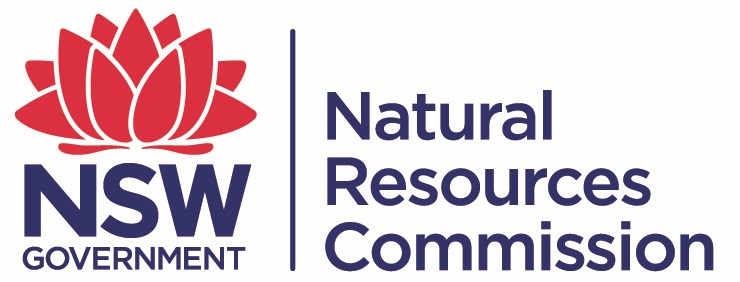
NSW Natural Resources Commission
Symposium: Forests against the Machine: facilitating persistence and conservation in dieback-affected native forests and woodlands
Tuesday 10 December, 10.30-12.30
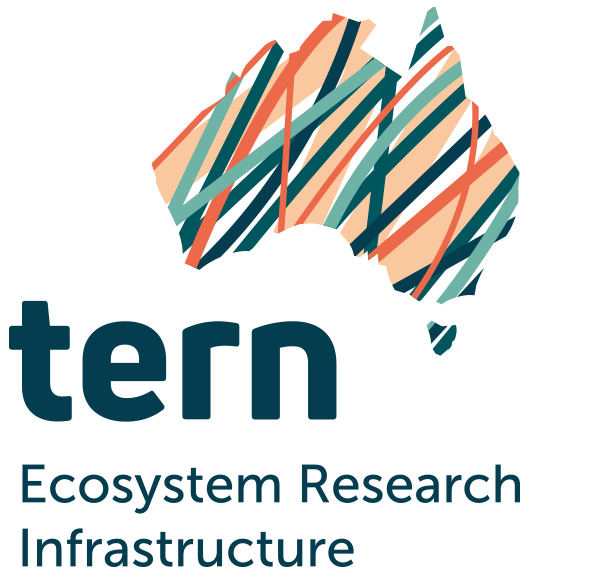
TERN | Terrestrial Ecosystem Research Network
Symposium: Trends in invasion ecology and biosecurity measures
Tuesday 10 December, 10.30-12.30
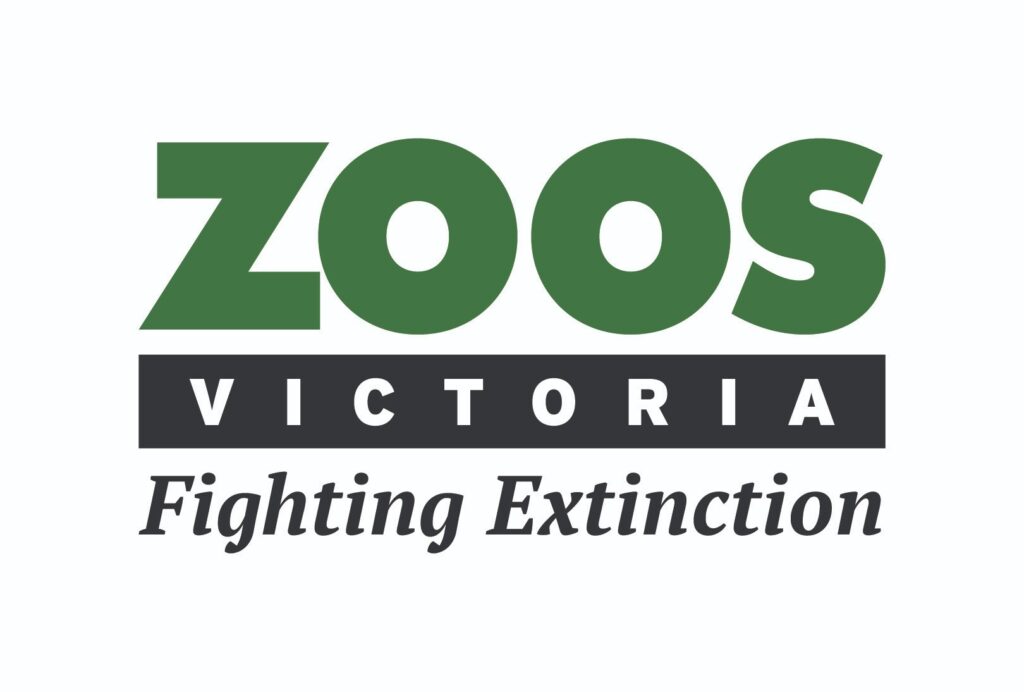
Zoos Victoria
Symposium: Conservation management of wildlife populations guided by genetics
Tuesday 10 December, 10.30-12.30 & 15.30-17.30
Indigenous Travel Support Scheme
Conference Supporter
Exhibitor
 |  |  |
 |  |  |
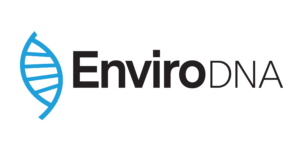 |  |  |
 |  |  |
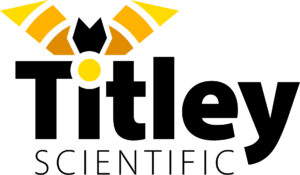 |
